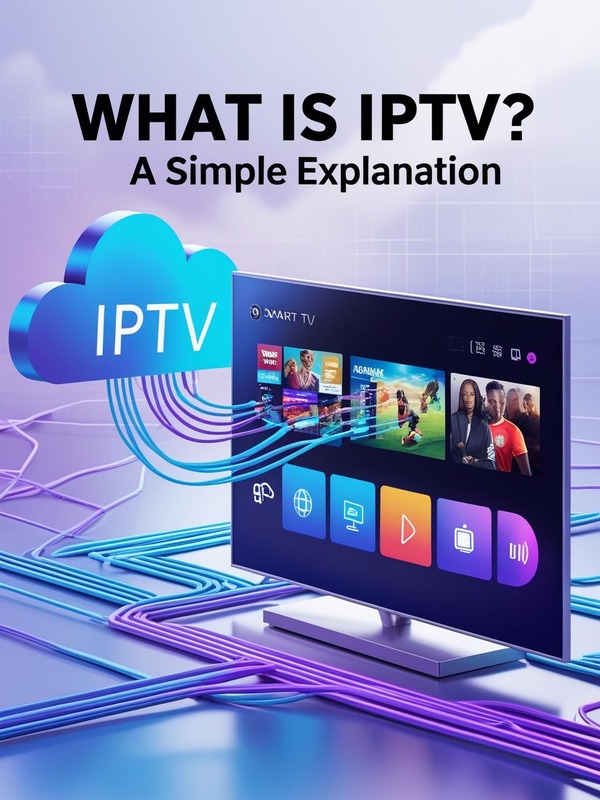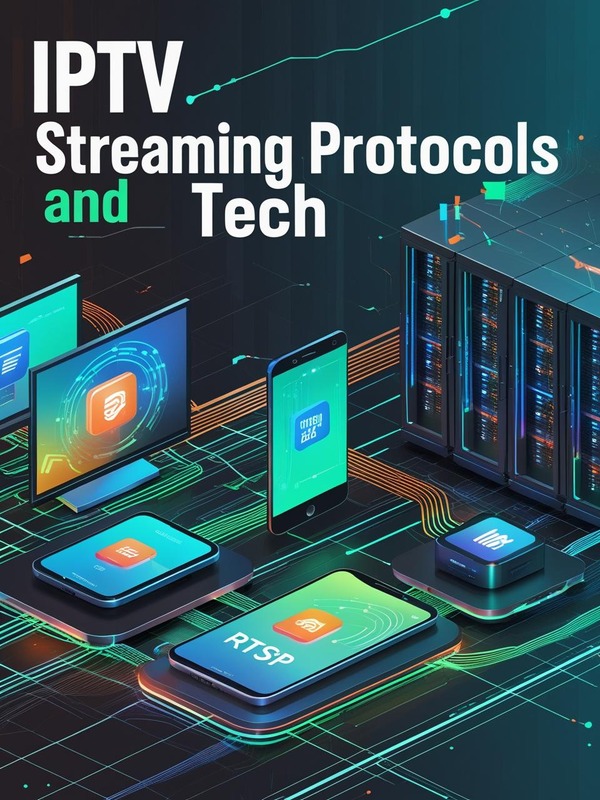Table of Contents
Introduction
Start UltraIPTV — 24h TrialGet Started
IPTV UK: How IPTV Is Changing TV in 2025
- Overview of how IPTV reshapes TV viewing
- Why internet-based TV matters today
- Rise of fast internet and smart devices fueling growth
- Benefits like convenience and personalized viewing
- Purpose: Explain what IPTV is, how it works, and its impact

What Is IPTV? A Simple Explanation
- Definition of IPTV
- How it differs from cable and satellite TV
- Key features:
- Sends TV signals as internet data
- Offers live channels, movies, on-demand shows
- Needs a strong internet connection
- Uses existing internet infrastructure instead of coax cables
How Does IPTV Work? Inside the Tech
- The main parts:
- Content source: Storing TV shows, movies
- Delivery network: Sending data over the internet
- User device: Viewing on smart TVs, phones, or boxes
- The streaming process:
- Digitized content is sent as data packets
- CDNs ensure fast, reliable delivery worldwide
- Buffering and decoding on devices for smooth playback
- Expert insight: “IPTV delivers content exactly when viewers want it.”
Types of IPTV Services
- Live IPTV
- Real-time streams of channels like sports or news
- Video on Demand (VOD)
- Watching movies or shows anytime
- Time-shifted TV
- Watch shows after they air, with options to catch up or restart
- How these options give viewers control
Benefits Over Traditional TV
- Watch on multiple devices anywhere internet is available
- Large variety of channels and on-demand content
- Usually cheaper than cable or satellite
- Features like pausing, rewinding, recording live TV
- Personalized recommendations based on viewing habits
Common IPTV Use Cases
- Home entertainment
- Replaces cable with flexible streaming
- Businesses
- Internal training, live broadcasts
- Schools
- Streaming lectures, tutorials
- Sports fans
- Live matches, interactive stats, multiple camera angles

IPTV Streaming Protocols and Tech
- Main protocols:
- HLS (Apple’s adaptive streaming)
- MPEG-DASH (open-source, adapts quality)
- RTSP (controls streams)
- How they improve quality and reduce buffering
Equipment Needed for IPTV
- Smart TV or streaming device (Roku, Fire Stick, Android box)
- Fast internet (at least 10 Mbps for HD)
- IPTV app (TiviMate, IPTV Smarters, Kodi)
- Tips for setup and smooth streaming
Top IPTV Apps and Platforms in 2025
| App Name | Platform | Key Features |
|---|---|---|
| TiviMate | Android TV | Friendly interface, playlists |
| IPTV Smarters | iOS, Android, Smart TVs | Parental controls, multiple screens |
| Kodi | Cross-platform | Customizable, add-ons |
Is IPTV Legal? What It Means
- Licensed IPTV services follow copyright rules
- Many illegal streams exist, risking legal trouble
- How to stay legal:
- Use reputable providers
- Avoid suspiciously cheap or “too good” offers
- Check licensing info and reviews
Picking a Reliable IPTV Service
- Look at:
- Content library: Channel variety and on-demand options
- Stream quality: HD or 4K with little buffering
- Support: Customer service help
- Compatibility: Works with your devices
- Free trials: Test before paying
Common IPTV Problems and Fixes
- Buffering
- Fix: Increase internet speed or limit devices
- Connection drops
- Fix: Restart router or switch to wired connection
- App crashes
- Fix: Update app, clear cache
- Compatibility issues
- Fix: Check app requirements or update device firmware
The Future of IPTV
- Trends to watch:
- AI-powered content suggestions
- 5G for faster mobile streaming
- 8K and VR for immersive viewing
- Interactive features like polls, chats, shopping
- Often, these features help make TV more fun and personal
Final Thoughts: IPTV’s Impact on How We Watch TV
- IPTV leads the TV way in 2025
- Offers freedom, large content choices, and interaction
- Will keep improving with new tech
- To join the future, pick reputable services and explore options
- Watch what you want, how you want, on any device
Legal note: See Ofcom UK for guidance.
nUpdated: 18 August 2025